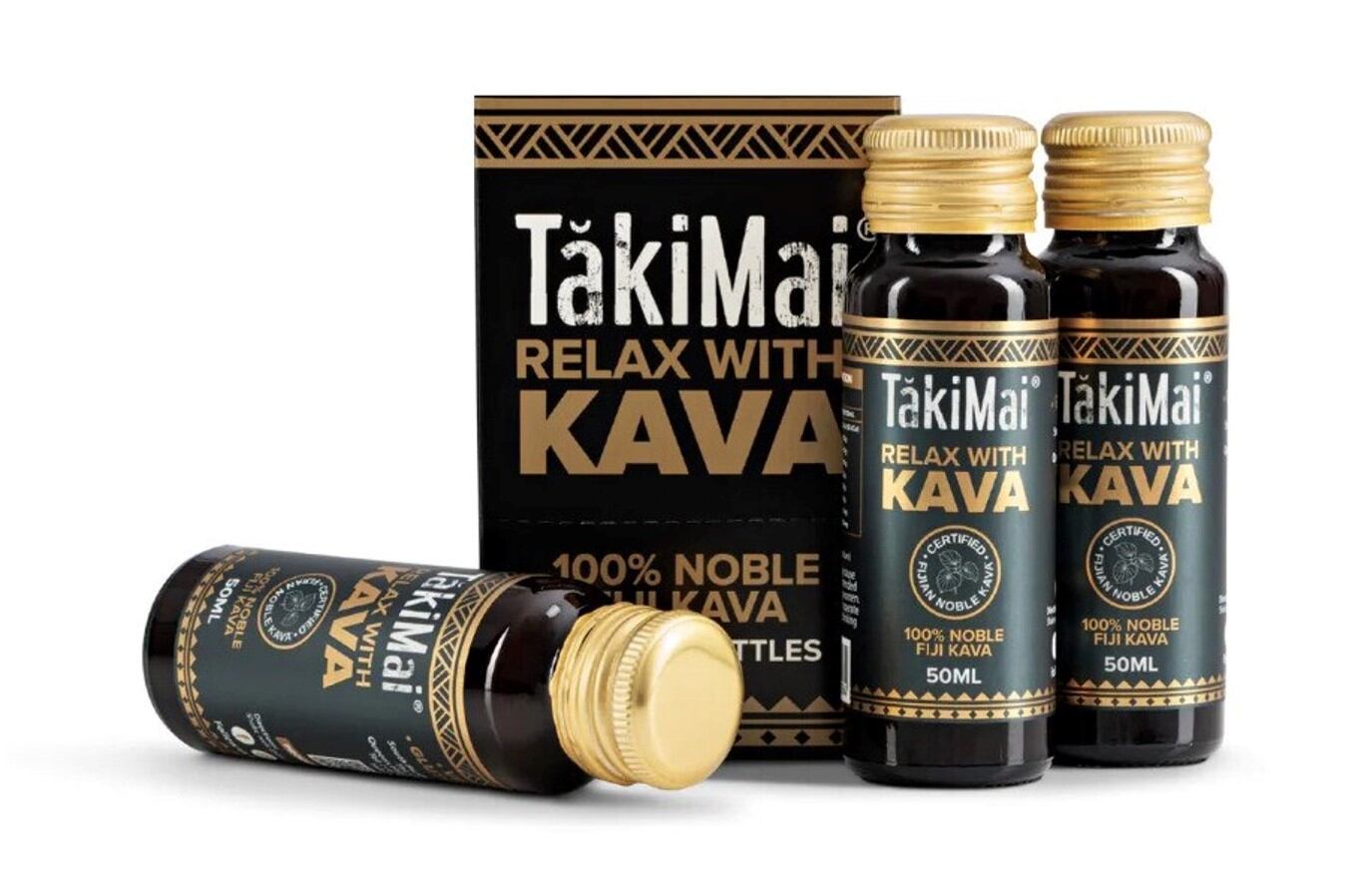The industry body was responding to the Australian government’s calls for businesses, individuals, and community groups, to submit their recommendations for the country’s 2025 - 2026 budget.
Submissions have closed on January 31.
The industry body has laid out nine recommendations in its submissions – one of which is for the government to craft policies that “support the further growth of Australian complementary medicine manufacturing, including raw materials.”
At the moment, it said that there has been heavy reliance on imported raw materials and this could lead to supply chain vulnerabilities.
Insufficient funding for complementary medicine research and clinical trials has also posed challenge for local R&D, it said.
As such, it has called for more funding to help local manufacturing stay competitive in the global market.
Australia’s complementary medicines sector is worth over AUD$6.2bn (US$4.2bn) and has a nearly 16,000-strong workforce.
The country’s complementary medicines export hit AUD$1.2bn (US$806m) in 2023, with China and Hong Kong its top export destinations. The two markets accounted for AUD$902m (US$554.2m) or 75 per cent of Australia’s complementary medicines exports.
Other main export destinations are Vietnam and Thailand, with each accounting for AUD$72m (US$44.2m) or three per cent of Australia’s total complementary medicines exports.
However, high manufacturing costs in Australia and intensifying competition from overseas brands could undermine the growth of Australian firms, said CMA.
“There is potential to capture a greater share of the rapidly expanding global market, but the industry currently faces a range of barriers which hinder growth.
“These include insufficient grant funding for research and development, heavy reliance on imported raw materials, creating supply chain vulnerabilities, acute skills shortages, high manufacturing costs compared to overseas, and growing competition from overseas brands.
“Addressing these barriers is essential for Australia’s complementary medicines industry to grow. Strategic measures and support from Government can bolster the industry across both domestic and international markets,” CMA said in its submissions.
Increase trade funding support
To promote exports, CMA has also called for increased funding for The Australian Trade and Investment Commission (Austrade), which has seen a reduction in budget and staffing recently.
“‘Made in Australia’ carries a strong reputation and has high credibility in overseas markets, particularly in China. Australian products are highly sought-after due to their impeccable reputation for quality, safety and efficacy.
“Continuing to support Australian exports is critical for the ongoing success of our industry. It is for this reason that recent budget cuts and staffing reductions for Austrade have been disappointing,” CMA said.
Boosting resources available for Austrade can strengthen promotion initiatives, especially for local small and medium businesses, it added.
“Increased funding for Austrade funding will allow small and medium-sized businesses to benefit from market research, targeted marketing, and in-market support, lowering barriers often faced when exporting alone.
“Australian complementary medicines, backed by the TGA’s high standards, already enjoy a ‘clean, green’ global reputation. However, more government-backed trade missions and promotional campaigns can reinforce brand Australia’s credibility and connect businesses with new commercial opportunities,” CMA said in its submissions.
Other recommendations
The CMA has also asked for more funding to support consumer education and to integrate complementary medicine into the local health system.
Citing data from Australian Bureau Statistics, it pointed out that as of 2022, one in two Australians had at least one chronic health condition, with 66 per cent overweight or obese.
As such, it has called for preventive health measures, including the use of complementary medicines, to be incorporated into the local health system.
It has also urged the government to provide additional funding for the Department of Health to conduct education campaigns highlighting the benefits of complementary medicine products.
“Preventive health measures can play a significant role in easing the healthcare burden, and complementary medicines are a fundamental element in this.
“Preventative health has been proven to result in better health outcomes, which delivers not only a positive impact on the health and wellbeing of Australians, but financial benefits for the Government.”
Aside from more funding, CMA has also asked for the government to lift bans on private health insurance rebates for natural therapies.





